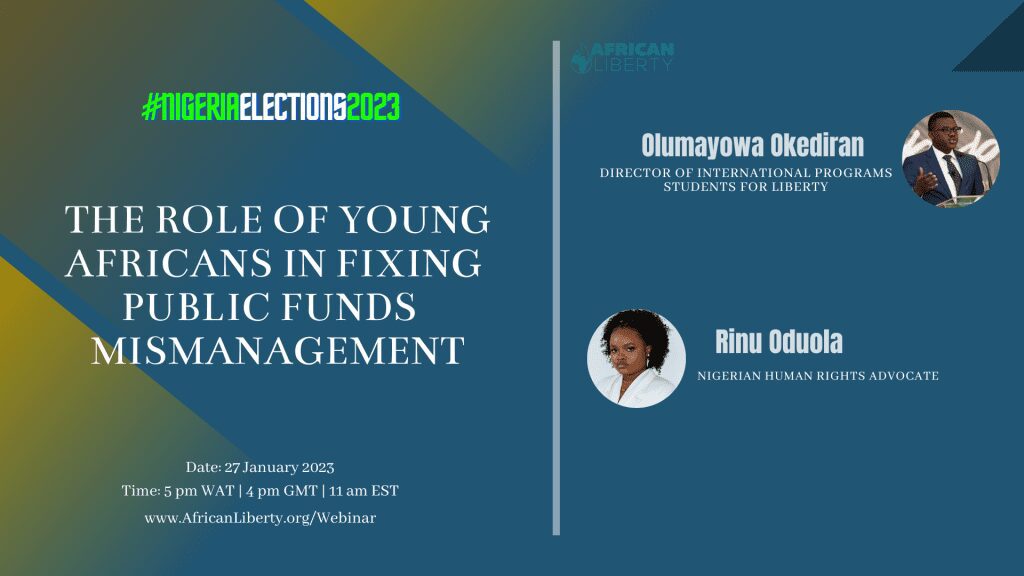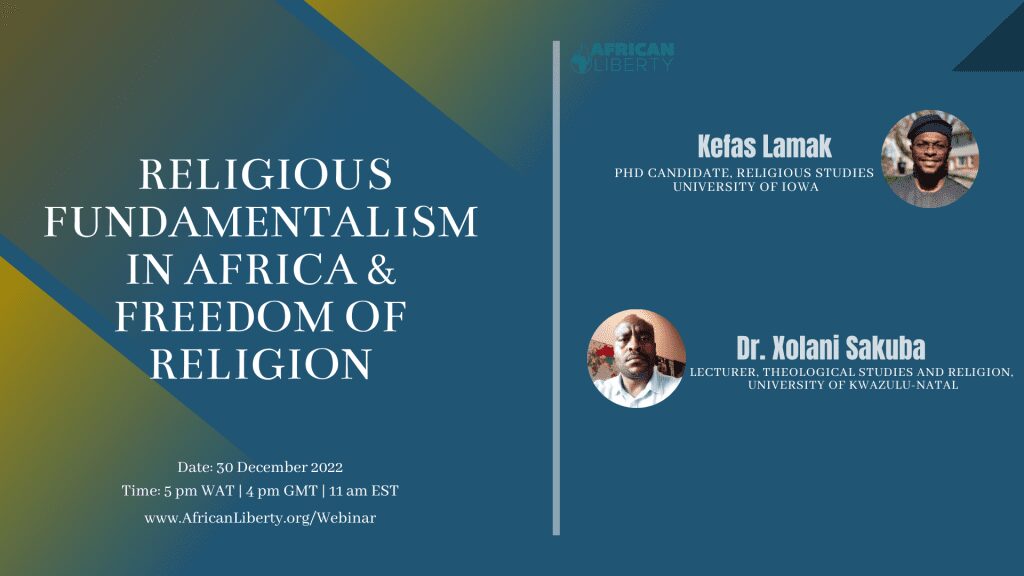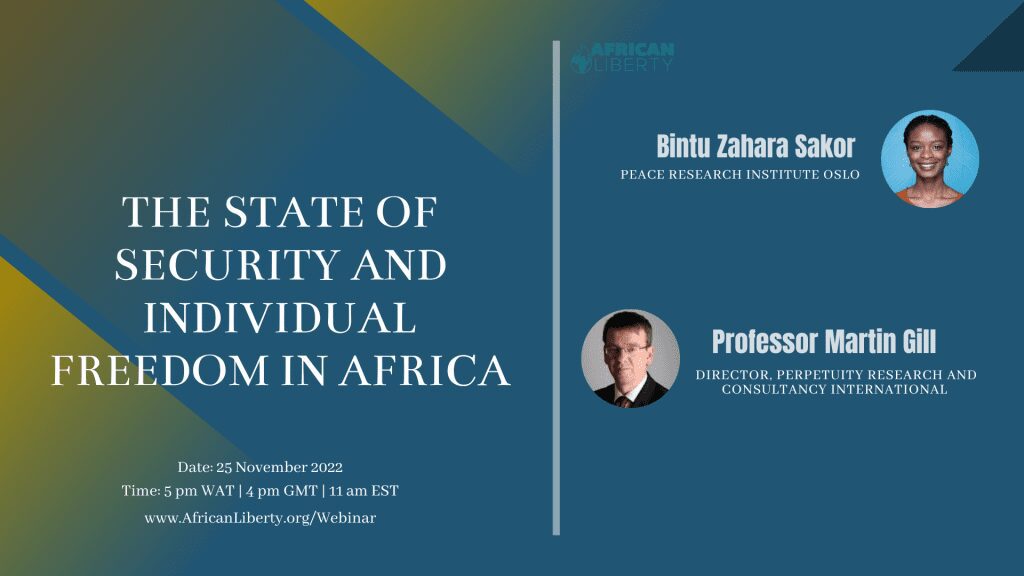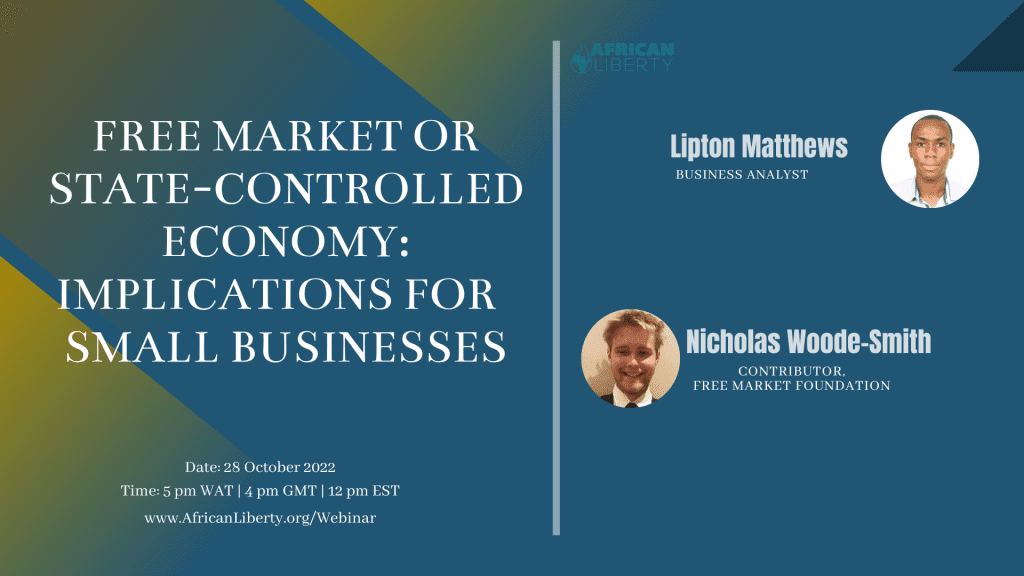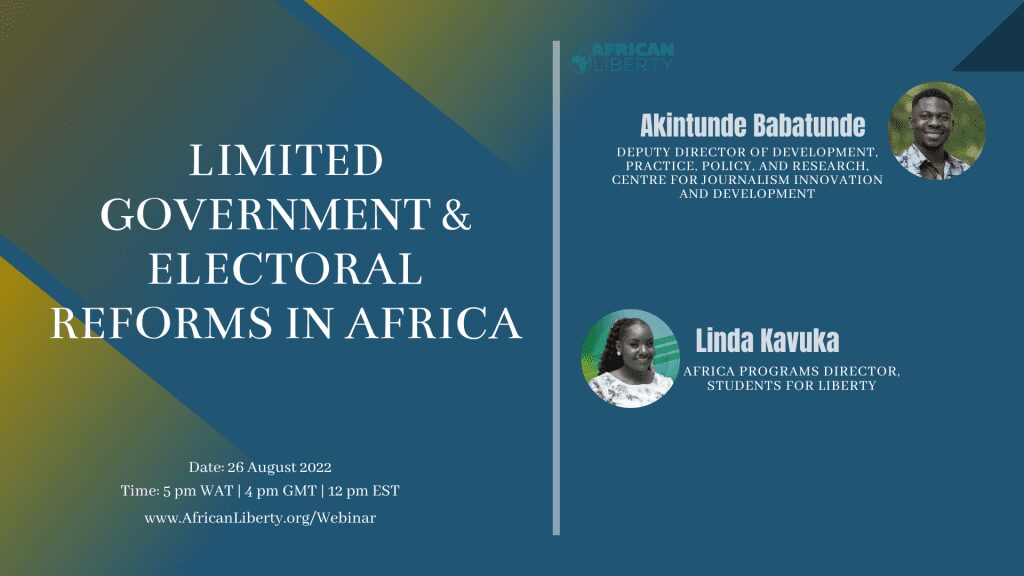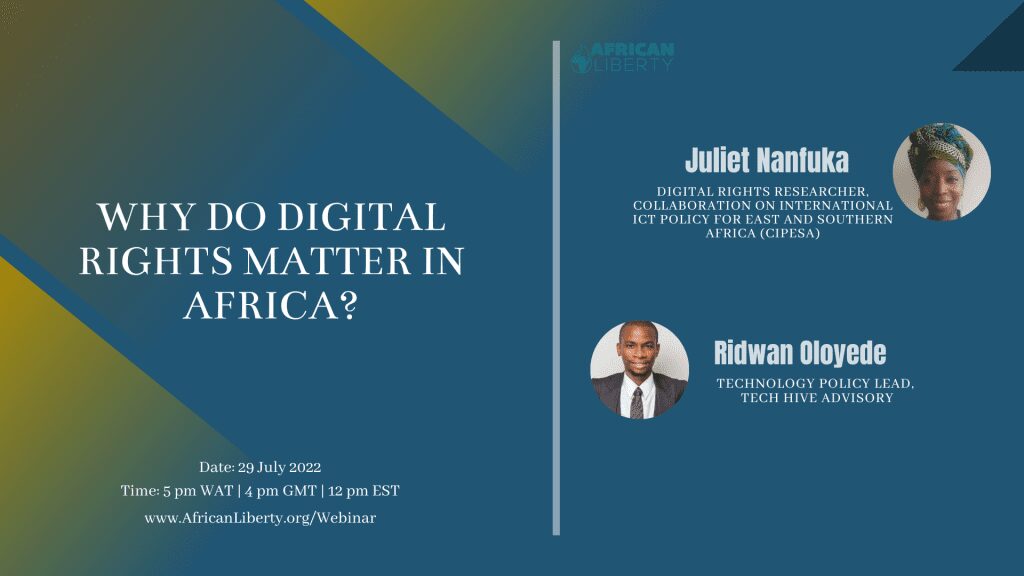All over the continent, young Africans are rising to challenge the status quo of excluded leadership to question the lack of transparency and accountability in governance. A typical example was the End SARS protest in Nigeria in 2020. Fixing public funds mismanagement is a crucial requirement to maintaining democracy, and young Africans have pivotal roles to play. In this webinar edition, our guests will discuss these roles.
Rinu Oduala is the executive project director of Connect Hub Nigeria, a platform that documents, defends and advocates against state violence and police brutality in Nigeria. She is a Human Rights advocate, community organizer and influencer focused primarily on equity, justice, humanity and community advancement issues. She uses her Twitter handle with over five hundred thousand followers in actualising these. She was nominated for Future Awards Prize For Advocacy and Activism, and has been awarded as Woman of the Year, Advocacy. HerEconomy 2022 and is part of BBC Nigerian Women Leading the Fight for Change.
Olumayowa Okediran is the Managing Director of African Liberty and International Programs at Students For Liberty. He is a member of the council and a West Africa Policy Fellow at the South African Institute of Race Relations. He is a political and Economic Analyst whose views on politics, economics and human freedom have been translated into 16 languages, including French, Spanish, Czech, Portuguese, Serbian, Macedonian, Greek, Khmer and Vietnamese.
Olufemi Ogunjobi is currently the Career Guidance & Mentorship Manager of the Prometheus Fellowship Program at Students For Liberty. He got involved with Students For Liberty in Nigeria as a local coordinator in 2013, and through the years, occupied several leadership positions in building, managing student programs and overseeing the smooth running of SFL operations across the continent of Africa. On the heels of his volunteer experience, he joined the organization’s staff in 2017, where he served as the African Programs Associate, and African Programs Manager, managing all ASFL operations, aspects of data and programs management, communications, leadership recruitment, training and mentorship of hundreds of volunteers in the African Students For Liberty Program in over 28 countries in Africa. He also works closely in managing the African Liberty project with the Managing Editor.

